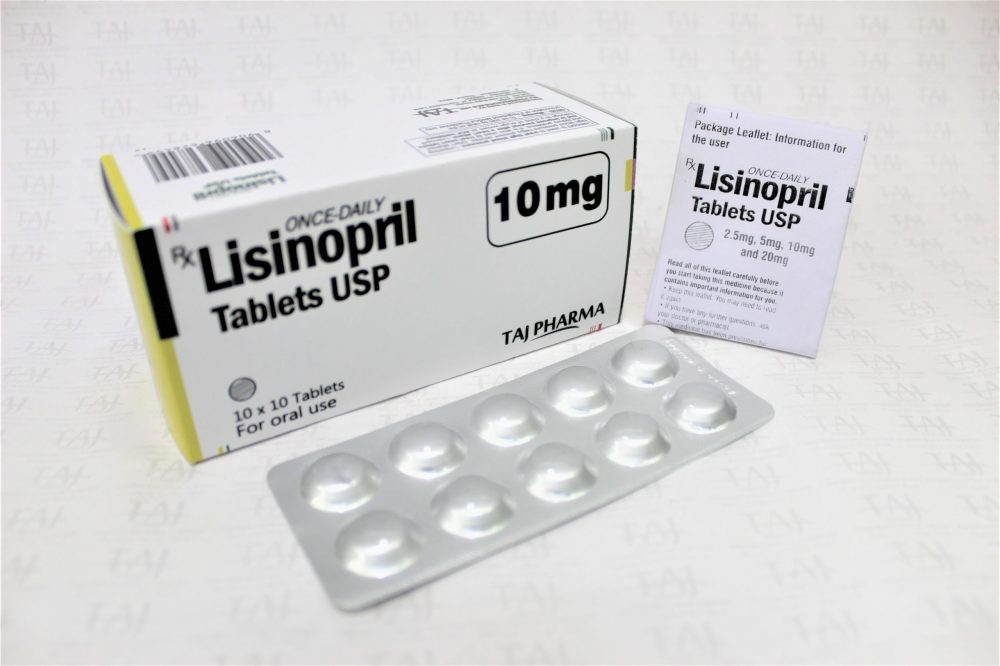Experiencing hypertension? Learn about the blood pressure medication lisinopril and how it works, its side effects, benefits, and more.
Lisinopril is an oral prescription drug for the treatment of high blood pressure. It’s available as a generic drug as well as brand-name drugs, including Prinivil and Zestril.
As an oral tablet, its main use is for treating hypertension and heart failure. In addition to these conditions, lisinopril can also help improve the chance of survival after a heart attack. It can also be taken with other drugs as part of combination therapy.
How does lisinopril work?
Lisinopril is an ACE (angiotensin-converting enzyme) inhibitor that helps relax the blood vessels in the body. Through its function, it can reduce the stress on the heart while also lowering blood pressure.
 What are some lisinopril side effects?
What are some lisinopril side effects?
Lisinopril may cause low blood pressure, which can make you feel dizzy or faint. Until you know how it affects you, avoid driving, using machinery, or doing any activity that requires being alert.
Some common side effects of lisinopril include dizziness, low blood pressure, headaches, chest pain, and a persistent cough. Mild side effects should clear up within a couple of days or weeks, but severe and persistent side effects should be reported to a doctor or pharmacist.
Does lisinopril have serious side effects?
While the most common side effects can be mild, lisinopril may cause serious side effects. If you experience any of these and are having life-threatening symptoms, call 911.
Some serious side effects include allergic reactions, kidney problems, liver failure, and high potassium levels. Each of these side effects comes with its own set of symptoms.
An allergic reaction can cause breathing and swallowing problems, stomach pain without nausea, and swelling in the facial region. Kidney problems can cause tiredness, shortness of breath, weight gain, and swelling of the hands, feet, or ankles.
Liver failure symptoms include stomach pain, nausea, vomiting, and yellowing of the skin and whites of the eyes. Finally, high potassium levels can cause arrhythmia (heart rate problems) and the risk is greater if you have diabetes.
Does lisinopril interact with other medications?
Like many medications, lisinopril interacts with other drugs, so make sure you follow your doctor’s guidelines. It can interact with certain blood pressure medications like losartan, benazepril, or aliskiren and lead to low blood pressure.
Lisinopril can also interact with diabetes drugs, diuretics, potassium supplements, mood stabilizers, pain drugs, and more. For a full list of medications lisinopril can interact with, consult your doctor or a pharmacist.
Are there any alternatives to lisinopril?
In addition to lisinopril, there are many blood pressure medications you can use. Some medications may be better suited to your individual needs than others.
Consult your doctor about your blood pressure medication needs to figure out which medications are best for you. Besides medications, you may also want to try blood pressure supplements like L-arginine Plus.
It works by combining l-arginine, l-citrulline, and key vitamins and minerals to increase nitric oxide production. In turn, nitric oxide works as a vasodilator by widening the blood vessels and improving circulation.
Consider L-arginine Plus as you look to promote your blood pressure and overall heart health. If you’re taking blood pressure medication, consult your doctor before adding any additional supplements or drugs to your routine.

